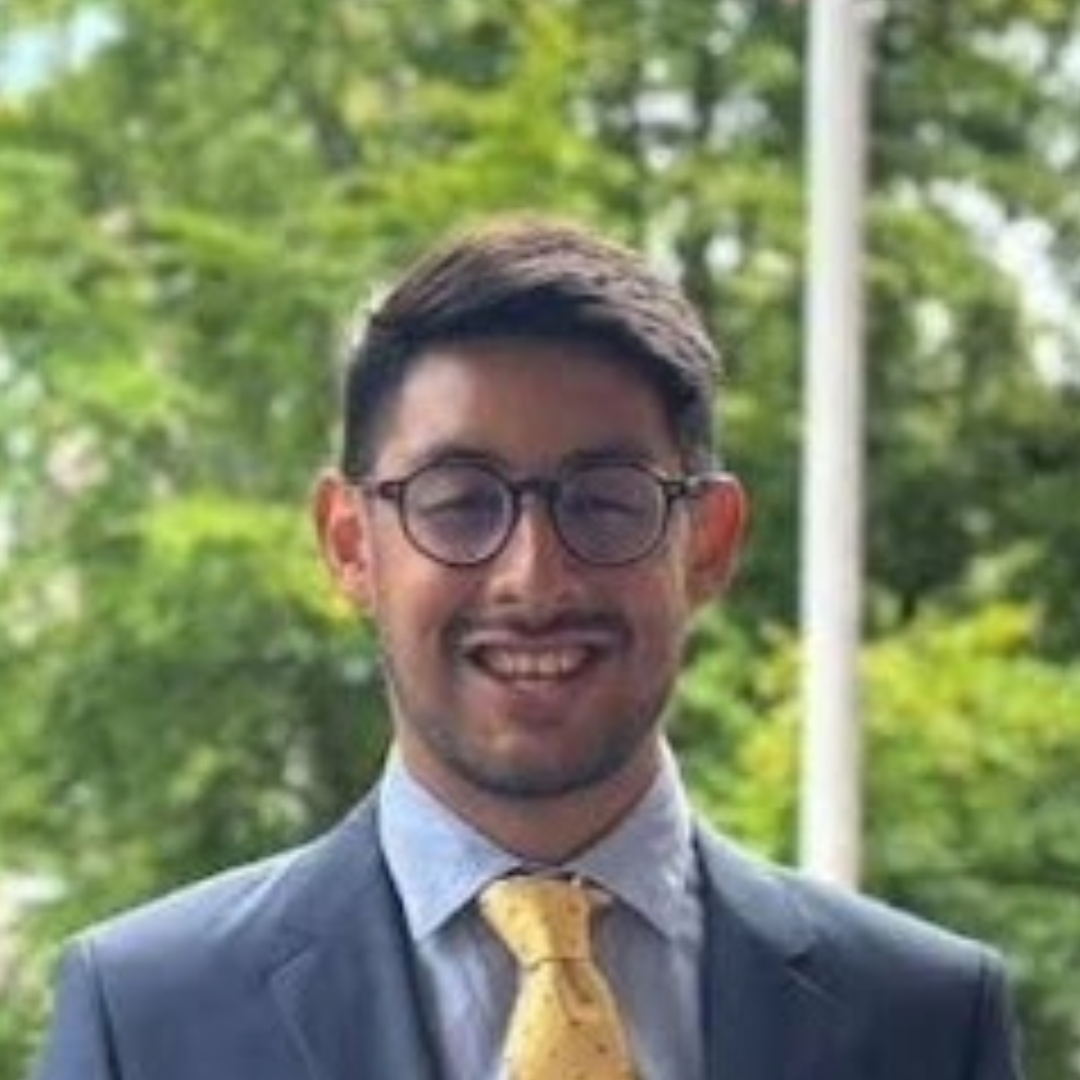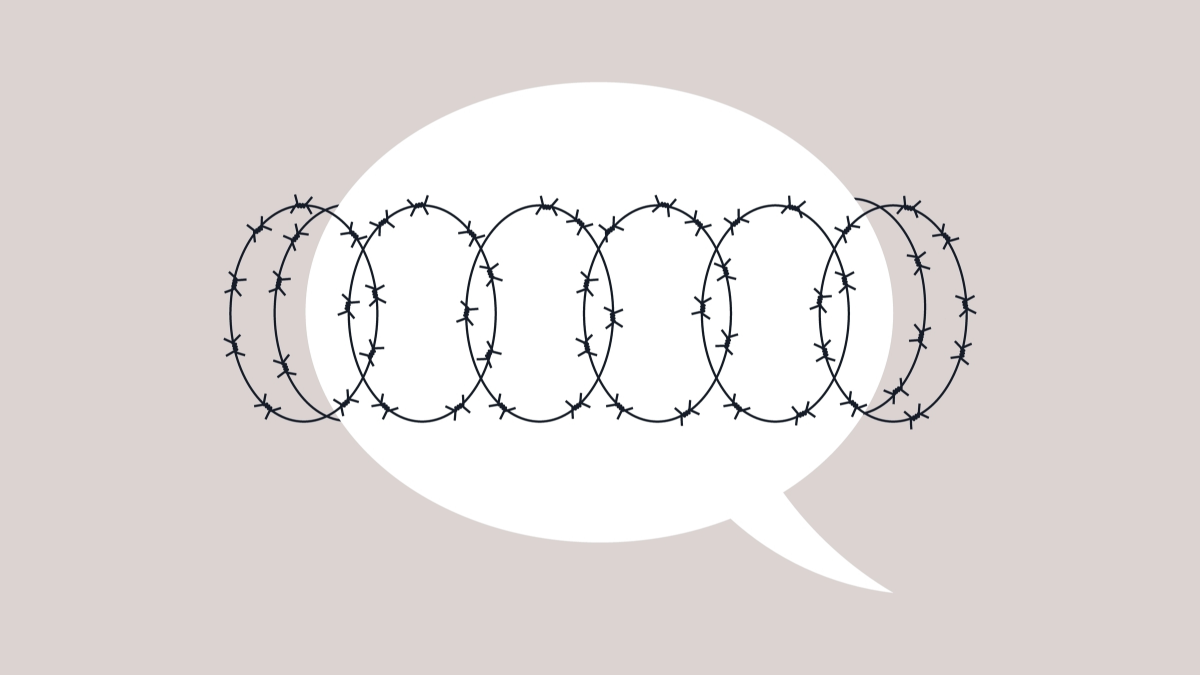Nepal and the Wider Problem of National Security as a Cover for Censorship
Eduardo Aguirre Mercado / Oct 1, 2025On 4 September, Nepali authorities banned access to 26 social media platforms in the country, including X (also previously known as ‘Twitter’), WhatsApp, and Instagram. This restriction was putatively sustained on grounds of national security. The social media block caused widespread protests around Nepal. In Kathmandu, there were violent altercations between the police and young demonstrators. Consequently, the social media restriction lasted only 5 days. However, this did little to control the resulting outrage.
The news from Nepal raises the question: What are the limits of national security as a basis for exempting restrictions on freedom of expression under the International Covenant on Civil and Political Rights (‘ICCPR’)? This analysis explores debates surrounding the vague definition of national security in international law. Furthermore, the article points out that, without proper regulation, any judicial authority can stretch this concept both to (i) discretionally interpret the effects of political speech on its audience and (ii) unfairly limit social media activity as a result.
Knowns and unknowns in the definition of national security
National security is a ground that international law validates to restrict freedom of expression. Article 19(3) ICCPR recognizes it, as does Article 10(2) ECHR. The ICCPR’s General Comment 34 defines freedom of expression as the right to seek, receive, and impart information of all kinds, from political discourse and commentary on public affairs, to cultural, advertising, and religious speech. Forms of speech may be offensive, unless otherwise stated by the ground of exceptions set by Article 19(3). General Comment 34 also provides examples of invalid restrictions on grounds of national security, including expressions of public interest, prosecutions of journalists, and exhortations to strike. However, these international treaties do not offer a concrete definition of this concept.
Soft law guidelines are often the ones that offer the most detail concerning what constitutes national security. In 1985, the ICCPR’s Siracusa Principles first stated that any political actor may invoke national security to ‘protect the existence of the nation or its territorial integrity,’ as well as ‘political independence against force or threat of force.’ The Council of Europe stated that national security was a State-level protection towards phenomena such as ‘espionage, terrorism […], separatism and incitement to breach military discipline.’
Even further, Article 19’s Johannesburg Principles gave a pre-emptive list of illegitimate national security interests, including the protection of ‘a government from embarrassment or exposure of wrongdoing,’ the concealment of ‘information about the functioning of its public institutions,’ the entrenchment of ‘a particular ideology,’ or the suppression of an ‘industrial unrest.’ These principles only limit the grounds of national security to threats of force, such as military threats and violent incitements to overthrow a government.
However, the concept of national security has also been used to restrict political conversations. Academics from Oxford University have pointed out that political actors can also invoke national security when a country’s political independence is at risk. How far can this ground go? For instance, in the 2015 Democratic Alliance v African National Congress case, the South African Constitutional Court ruled to restrict the dissemination of false information that could influence the outcome of an election. To what degree can this be considered a violation of political interference and, thus, a national security threat? Even though the previously mentioned sources established national security within the realms of violent confrontation, other legal opinions have extended its application to cover forms of expression in democratic contexts. As a result, tensions in political debates may cause some actors to argue a threat to territorial integrity based on their use of unofficial – and often discretionary – thresholds.
Beyond the political independence argument, political actors have also stretched some grounds set by the Council of Europe. For example, in the Polak v Turkey case, the ECHR stated that a pro-separatist form of expression can be a national security threat if it involves a context of violence. However, this case also raises subsequent questions. For instance, if public opinion attributed a violent altercation between a country’s police body and pro-separatist protesters to an inciting tweet, how can the link between the tweet and the resulting damage be proved? Would that happen based on the tweet’s engagement statistics, on the author’s followers, or on its political intent? There are only a few standards to objectively determine these results, which indicates that there are still unknowns when applying national security standards to limit the right to freedom of expression.
National security and online freedom of expression
The potential dangers of these unknowns are that political actors may unfairly restrict freedom of expression. For example, in 2022 alone, the Turkish government restricted 1,031 tweets to protect national security and blocked 465 Twitter accounts on the same grounds. Human rights organizations have frequently stated that Turkey omits several measures in these restrictions, such as (i) the justification of the restriction on lawful, necessary, and proportional grounds; (ii) prior authorization of the restriction by an independent advisory body; and (iii) offering redress or opposition mechanisms to the social media users whose rights were restricted. Similarly, Pakistan lost access to X over national security concerns. The platform restriction followed concerns that the February 2024 elections might lead to riots due to allegations of vote rigging, but it also failed to address any of the previously outlined measures demanded by human rights organizations.
To establish grounds for proportionality to restrict online freedom of expression, several thresholds must be considered. They may not resolve the discretion with which several countries apply national security restrictions in the digital space, but they can provide some guidance on establishing which factors are relevant to assess whether a restriction is reasonable or not. For instance, the Rabat Plan of Action is a threshold that the United Nations High Commissioner for Human Rights developed in 2013. It suggests six factors to consider when assessing the restrictions of online forms of expression, such as (i) the social and political context of the publication; (ii) the speaker’s position on society and influence indicators, such as a powerful job or number of followers; (iii) the intent to incite a feeling with the form of expression, rather than merely circulate it around; (iv) the tangible content in the publication; (v) the extent the publication has through a sizable audience; and (vi) the likelihood that a harmful incident may come from the form of expression, which political actors may have to estimate reasonably. This Plan is meant to regulate hate speech incidents. However, even though the methodology for estimating the likelihood of a digital form of expression causing real violence may still be unclear, these factors may be useful for political actors to assess the impact of social media activity more objectively. Nonetheless, (i) transparency in the decision-making and (ii) the ability for social media users to oppose these restrictions are also essential requirements to consider in the defence of freedom of expression in a democratic digital society.
Applicable observations to Nepal
In Nepal, the Ministry of Communication and Information Technology stated that social media platforms had violated the 2023 Directive on Regulating the Use of Social Media, which required them to establish a representative to address any grievance and register for a licence, which only two out of 26 restricted platforms did before the social media ban and subsequent protests. However, media outlets reported this as a measure from former Prime Minister K.P. Sharma Oli to limit freedom of expression in Nepal through the Supreme Court sentences. He had previously restricted TikTok in 2023 to maintain ‘social harmony,’ which also raised freedom of expression concerns.
Nepal’s case demonstrates that the threshold of national security is difficult to define through a single expression in a digital space, and it often contributes to unfairly restricting users’ interactions with social media platforms, in prejudice of their democratic rights. They also showed that political actors are often not transparent in their reasoning to establish limiting grounds to freedom of expression, which prevents further citizen participation. Inequality in freedom of expression exists, too. Outside the EU, citizens frequently lack accessible means through which they can defend their ability to express themselves and criticize their government’s role in public affairs. Digital freedom is a right that must transcend the Global North. Overthrowing riots do not need to be the ultimate choice for young generations to fight for their right to express their thoughts online.
Authors

